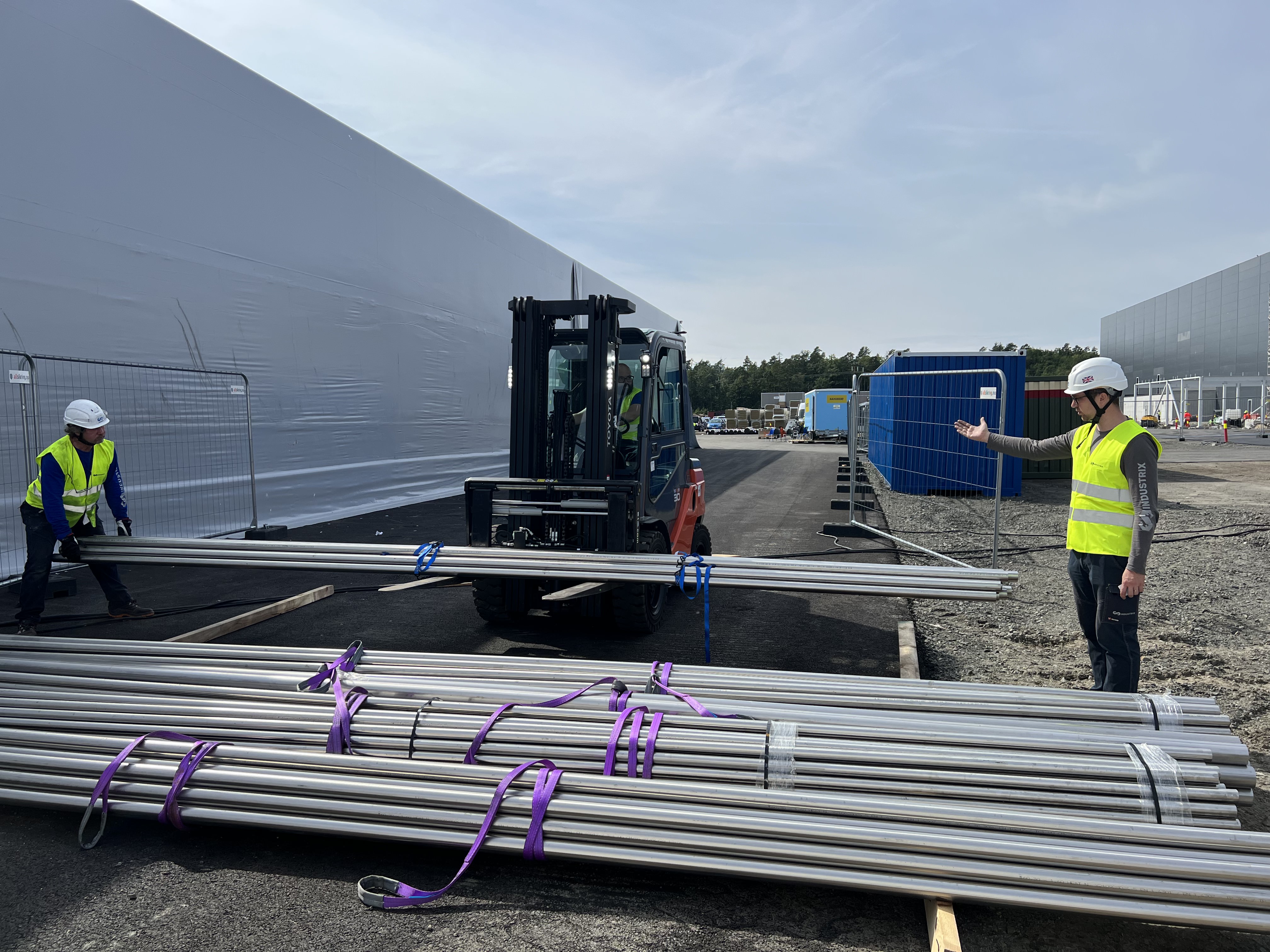5 Essential Factors to Consider When Renting a Forklift
Renting a forklift for your business can be a cost-effective solution compared to purchasing one outright. With numerous rental companies offering flexible options, it's crucial to make informed decisions to ensure optimal efficiency and cost savings. Here are five key considerations to keep in mind when hiring a forklift:
Equipment Requirements
Before selecting a forklift, assess your specific operational needs. Different forklift models are designed for various tasks and environments. Communicate your requirements to the rental company to ensure you get the right equipment for the job. Consider factors such as load capacity, maneuverability, and compatibility with your workspace's layout and safety measures.
Duration of Rental
Evaluate the duration for which you'll need the forklift. Rental companies typically offer daily, weekly, and monthly plans. Determine the most cost-effective option based on the length of your project. Opting for a longer rental period, such as a weekly package for extended use, can often result in significant savings compared to daily rates.
On-site Limitations
If you'll be using the forklift indoors or in confined spaces, consider on-site limitations such as door and corridor dimensions. Measure these areas to ensure the forklift can maneuver comfortably without encountering obstacles. Providing accurate measurements to the rental company will help them select a suitable vehicle and avoid potential delays or damage during operation.
Fuel Source
Choose a forklift with the appropriate fuel source based on your operational requirements. Electric forklifts are ideal for indoor use due to their zero emissions and quiet operation. Diesel forklifts offer high power output for outdoor tasks but may require ventilation in enclosed spaces. LPG forklifts provide versatility and easy refueling for outdoor applications.
Hiring a Driver
If none of your staff members are trained to operate a forklift, consider hiring a qualified driver from the rental company. Forklifts require specialized skills to operate safely and efficiently. Employing an experienced operator ensures smooth operations and reduces the risk of accidents or damage to property.
In conclusion, renting a forklift offers flexibility and cost savings for businesses with temporary or fluctuating material handling needs. By carefully considering equipment requirements, rental duration, on-site limitations, fuel source, and the option of hiring a driver, you can make the most informed decision to meet your operational goals effectively.
